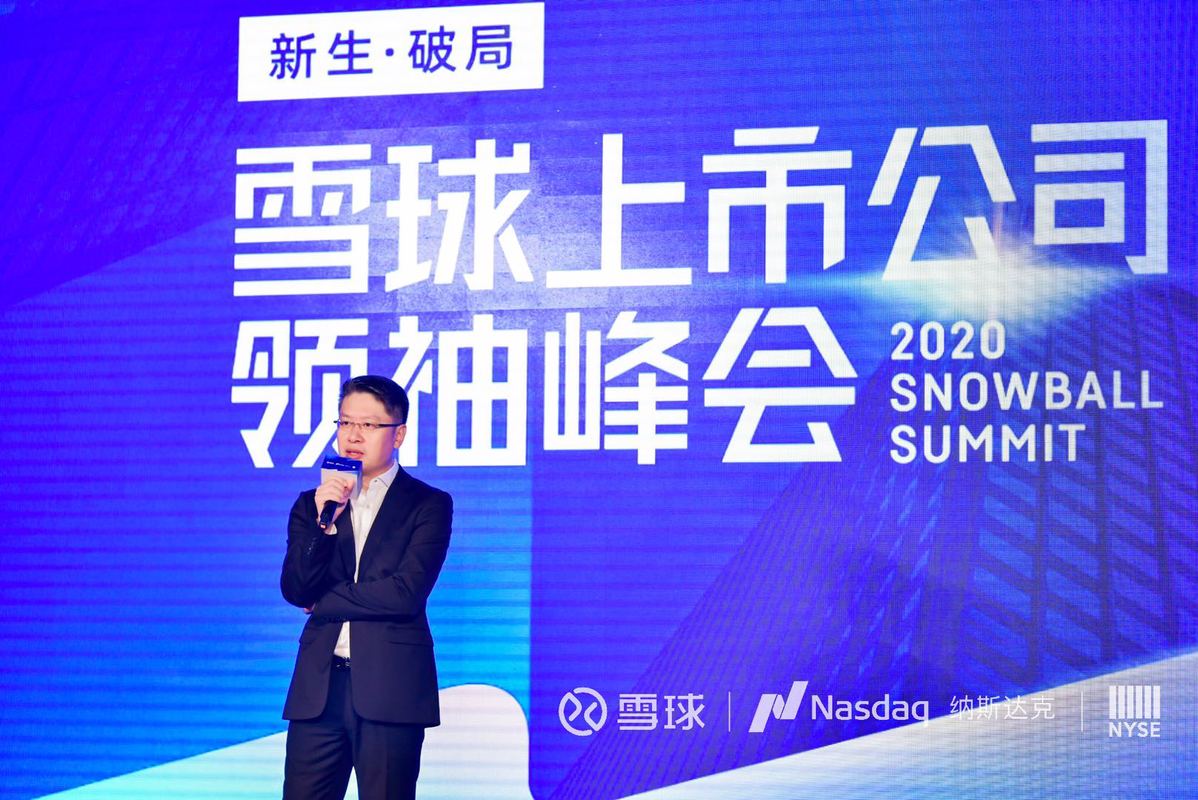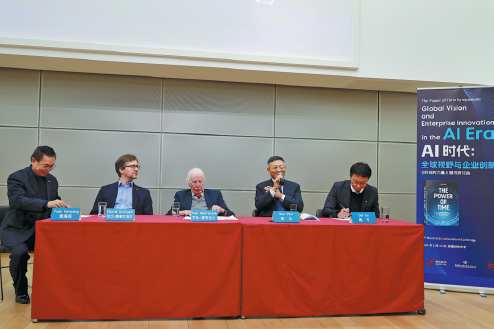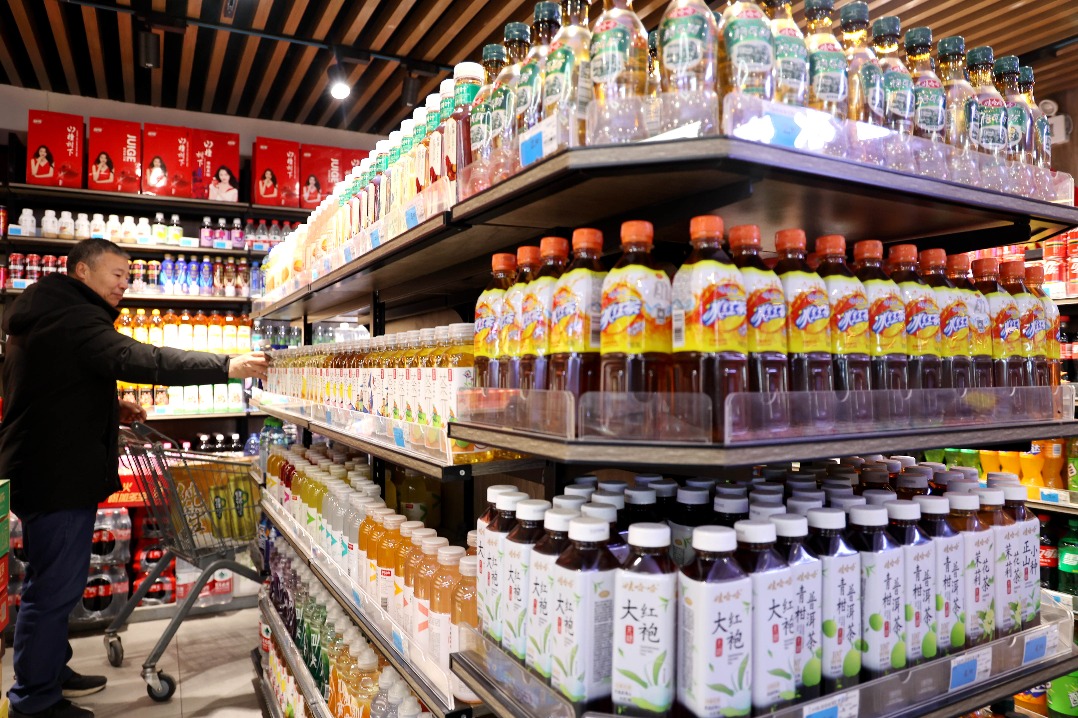Wall Street investors still keen on Chinese IPOs


The number of Chinese firms going public in the United States this year is projected to be one of the highest in the past decade, despite rising regulatory uncertainty, a senior Nasdaq official said on Saturday.
Ample liquidity in the US market and investors' focus on company fundamentals will help a big number of companies tap the US, said Hao Yusheng, chief representative of Nasdaq in China.
Recent successful initial public offerings of Chinese firms have indicated that investors shrugged off regulatory uncertainty faced by US-listed Chinese firms amid bilateral economic and trade tensions, Hao said a forum in Beijing held by online social and trading platform Xueqiu, also called Snowball Finance.
In the past six months of this year, a total of 20 Chinese firms went public in the US stock market and raised $2.72 billion in total, up by 17.6 percent and 52.4 percent from the same period last year, respectively, according to Xueqiu.
Regulatory uncertainty faced by US-listed Chinese firms has been on the rise this year after the accounting scandal of Chinese coffee chain Luckin Coffee Inc, with the US Senate passing a bill in May that can expose US-listed Chinese firms to delisting risks if enacted.
Investors have paid attention to related developments, but have not perceived them as the determinant in investment decisions, Hao said.
"I think that as long as the (Chinese) firms are of good quality and growth prospect, they will receive recognition from investors if they seek floats in the US," he said, adding that more Chinese firms with solid fundamentals are set to debut in the US in the coming months.
A survey released by Xueqiu on Saturday also attested that investors' confidence remains intact, as nearly 70 percent of respondent investors are willing to invest more in US-listed Chinese firms in the future.
Yet the prospect of the US IPO market for Chinese firms in 2021 remains to be seen, as companies in their early rounds of financing deliberate over changes in the US political and regulatory environment, Hao added.




































